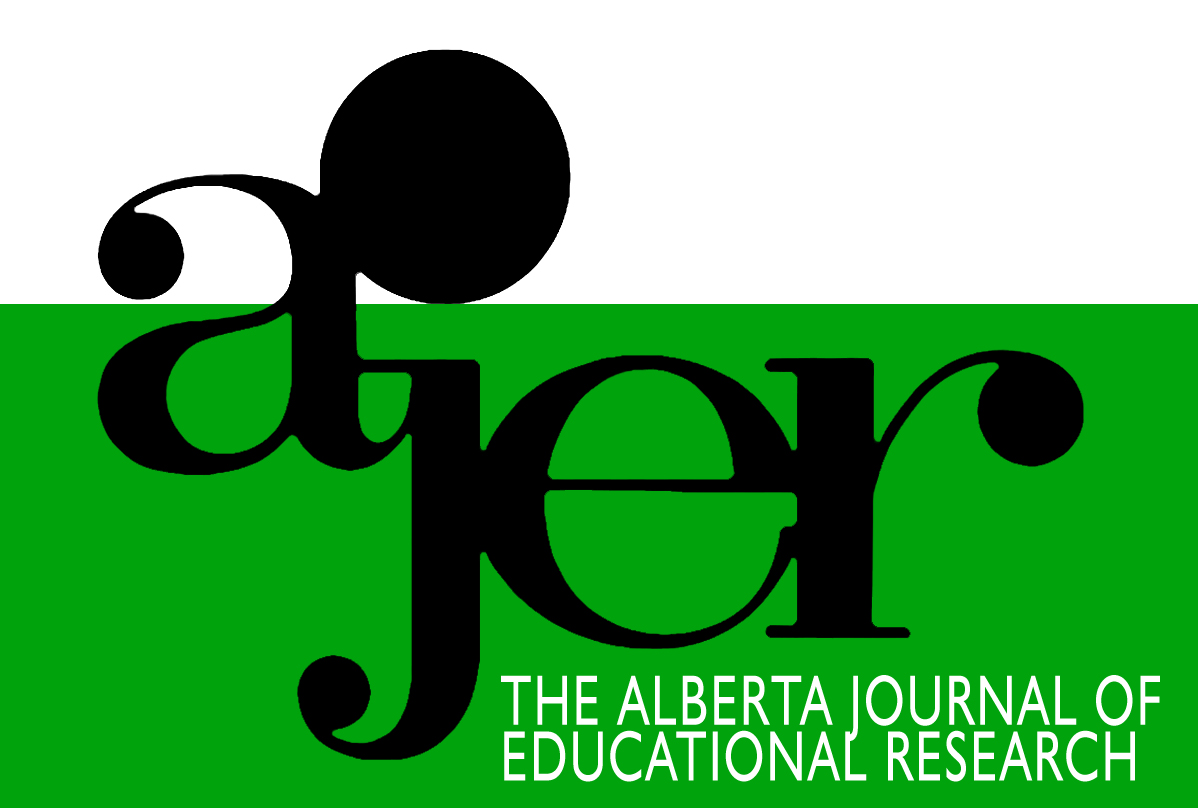Undergraduate Adult Education in the Contemporary Neoliberal University
DOI:
https://doi.org/10.55016/ojs/ajer.v64i2.56463Keywords:
undergraduate academic adult educationAbstract
In contemporary times, undergraduate adult education programs have to respond to changing student profiles and needs, institutional requirements, marketplace and workplace demands, and emerging technologies. Students in these programs tend to be non-traditional learners who are usually older and employed. They come with an array of prior learning experiences in life, work, and community contexts. These motivated learners have diverse reasons for wanting to engage in academic studies in adult education: They require knowledge of adult education to become trainers in business and industry; they have been educators, but they need to know what’s new to enhance and update their everyday pedagogical practices; they seek a university credential to ensure a new future; they need new learning for job transitions; they need to learn new modes of assessment; they want to work with industry partners to write curricula. This list of reasons is far from exhaustive. Considering the kinds of non-traditional students seeking a Bachelor of Education in Adult Education today, admission requirements need to be more in tune with what they bring to the learning table. For example, prior learning assessment that recognizes significant experiential learning could be a stronger criterion in the admissions process. In this perspective piece, we examine the current learning milieu in the neoliberal university and some matters affecting student participation in undergraduate adult education.
À l’époque contemporaine, les programmes de premier cycle d’éducation des adultes doivent s’adapter à l’évolution des profils et des besoins des étudiants, des exigences institutionnelles, des demandes du marché du travail et des milieux de travail, et des nouvelles technologies. Les étudiants inscrits à ces programmes tendent à être des apprenants non-traditionnels qui sont souvent plus âgés et salariés. Ils arrivent avec toute une gamme d’expériences d’apprentissage dans la vie, au travail et dans la communauté. Les raisons qui poussent ces apprenants motivés à entreprendre des études académiques sont diverses : il leur faut les connaissances fournies par les programme d’éducation des adultes pour devenir formateurs dans le monde des affaires ou en industrie; ils ont été enseignants mais doivent se mettre à jour de sorte à améliorer et moderniser leur pratiques pédagogiques; ils désirent une accréditation universitaire pour s’assurer un nouvel avenir; ils ont besoin de nouvelles connaissances pour changer d’emploi; ils doivent apprendre de nouvelles formes d’évaluation; ils veulent travailler avec des partenaires du secteur pour créer du matériel pédagogique. Cette liste est loin d’être exhaustive. Compte tenu du genre d’étudiants non-traditionnels qui s’inscrivent au Baccalauréat en Éducation en éducation des adultes, les exigences d’admission doivent être davantage en phase avec les compétences et les expériences avec lesquelles ils arrivent à l’université. Par exemple, une évaluation des connaissances acquises qui tiendrait compte de l’apprentissage par l’expérience pourrait constituer un critère de choix plus important pendant le processus d’admission. Dans cet article d’opinion, nous nous penchons sur le milieu actuel de l’apprentissage dans le monde universitaire néolibéral et sur quelques enjeux touchant la participation des étudiants dans les programmes de premier cycle en éducation des adultes.
Mots clés : programmes de premier cycle en éducation des adultes
Downloads
Published
Issue
Section
License
UNIVERSITY OF ALBERTA COPYRIGHT LICENSE AND PUBLICATION AGREEMENT
If accepted, authors will be asked to sign a copyright agreement with the following points:
A. Where there is any inconsistency between this Copyright License and Publication Agreement and any other document or agreement in relation to the same subject matter, the terms of this Agreement shall govern.
B. This document sets out the rights you are granting in relation to publication of your article, book review, or research note entitled (the “Article”) through inclusion in the academic journal titled Alberta Journal of Educational Research (the “Journal”) published through the Faculty of Education, representing the Governors of the University of Alberta (the “Journal Editor”).
C. There will be no payment to you for this publication and grant of rights. In consideration of the agreement to publish the Article in the Journal:
1. You are warranting that:
- the content of the Article is your original work, and its content does not contain any material infringing the copyright of others; or, where the Article is not entirely your original work, you have obtained all necessary permissions in writing to grant the rights you are giving in this agreement;
- the content of the Article does not contain any material that is defamatory of, or violates the privacy rights of, or discloses the confidential information of, any other person;
- the Article has not been published elsewhere in whole or in part, and you will not allow publication of the Article elsewhere without the consent of the Journal Editor;
- the names of all co-authors and contributors to the Article are:
2. You agree to license the copyright in the Article to the Journal Editor, on a worldwide, perpetual, royalty free basis; and to the extent required by the terms of this agreement. You shall retain the right at all times to be acknowledged as the/an author of the Article.
3. You further agree that the Journal Editor has the entitlement to deal with the Article as the Journal Editor sees fit, and including in the following manner;
- The right to print, publish, market, communicate and distribute the Article and the Journal, in this and any subsequent editions, in all media (including electronic media), in all languages, and in all territories, ing the full term of copyright, and including any form of the Article separated from the Journal, such as in a database, abstract, offprint, translation or otherwise, and to authorize third parties to do so;
- The right to register copyright of the Journal;
- The right to edit the Article, to conform to editorial policy as the Journal Editor sees fit.
4. If any co-author or contributor to the Article does not sign this agreement, the Journal Editor reserves the right to refuse to publish the Article.



